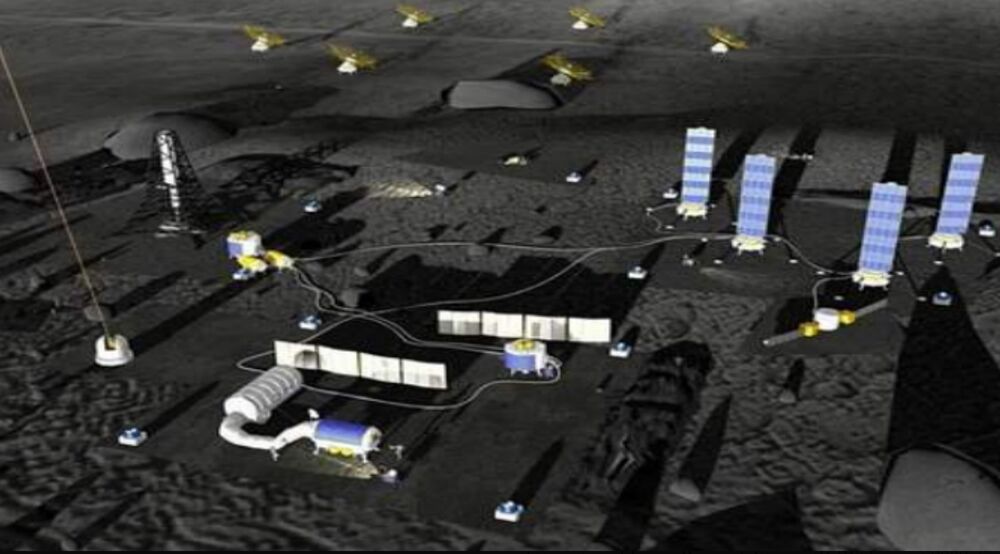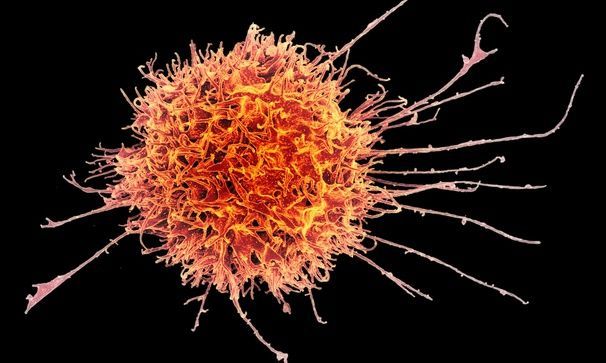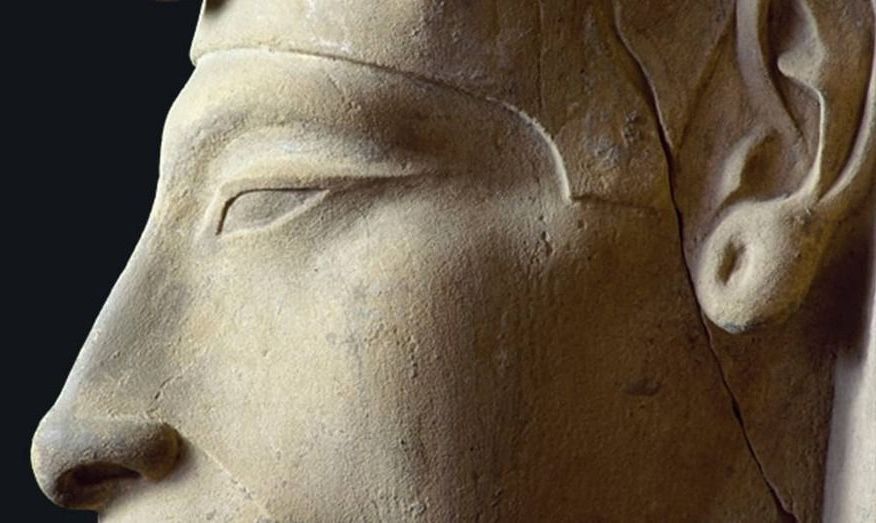“Because of this male-specific effect, we investigated the effects of MPH through the paternal line and observed the same behaviors in several generations of their descendants not directly administered the drug.”
Summary: A new study of male guppies reveals behaviors affected by methylphenidate hydrochloride (MPH), an active ingredient in common ADHD medications, can be passed along to future generations.
Source: University of Toronto
By studying guppies, scientists at the University of Toronto and Florida State University found that behaviors affected by methylphenidate hydrochloride (MPH) – the active ingredient in stimulants such as Ritalin and Concerta used to treat ADHD—can be passed along to several generations of descendants.
“We exposed male and female Trinidadian guppies to a low, steady dose of MPH and saw that it affected the anxiety and stress-related behavior of males, but not females,” said Alex De Serrano, a Ph.D. candidate in the department of ecology and evolutionary biology (EEB) in the Faculty of Arts & Science and lead author of a study published recently in Scientific Reports.







